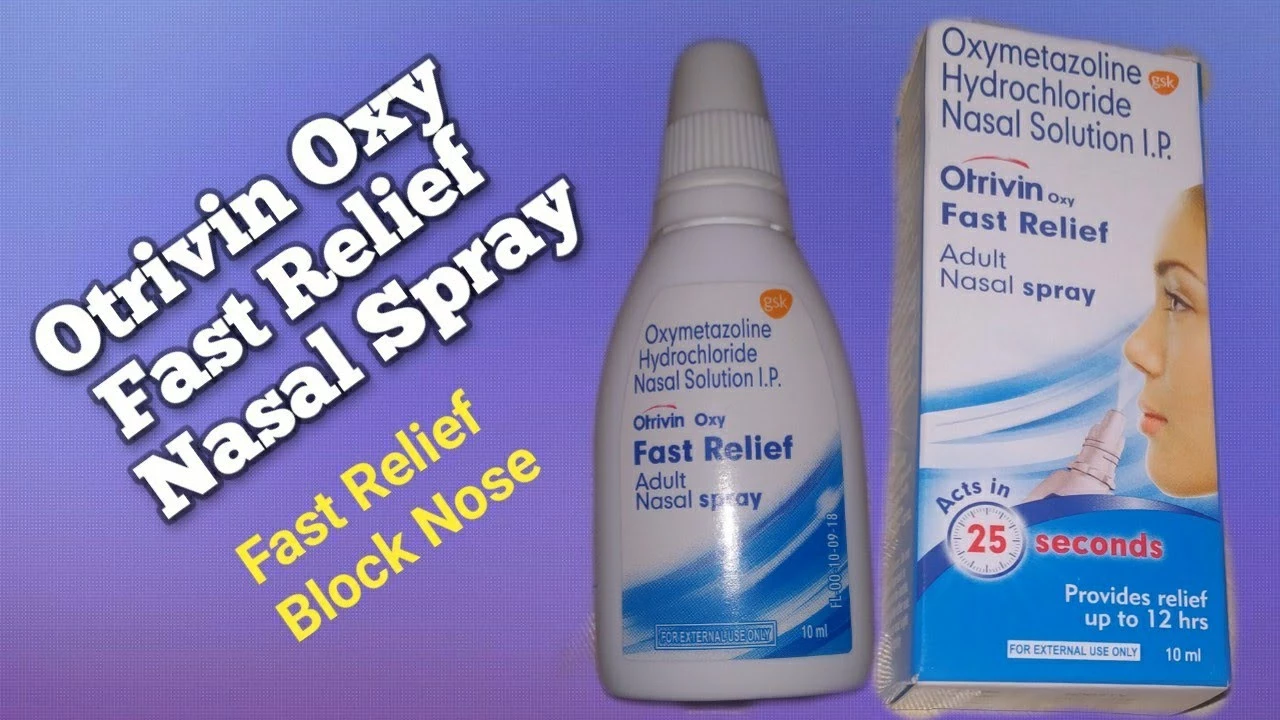Debunking Myths: Real Facts About Medications and Health Claims
If you’ve ever Googled a symptom or read a headline that sounded too good to be true, you know how easy it is to get mis‑informed. Below we break down the most common drug myths and give you simple tools to tell fact from fiction.
Common Medication Myths
Myth 1: "All generic drugs are inferior." The reality is that generics must meet the same safety, quality, and efficacy standards as brand‑name versions. They contain the same active ingredient, just a different label.
Myth 2: "You can’t get addicted to prescribed painkillers if you take them responsibly." Even short courses can lead to dependence for some people. Talk to your doctor about risk factors and alternative pain options.
Myth 3: "Natural supplements are always safe because they’re “natural.” Natural doesn’t mean harmless. St. John’s Wort, for example, interacts with many prescription meds and can reduce their effectiveness.
Myth 4: "If a drug is sold online, it must be fake." Not all online pharmacies are scams. Look for certifications like the VIPPS seal or registration in your country’s pharmacy board.
How to Verify Health Information
First, check the source. Government health sites (like .gov) and recognized medical organizations (such as WHO or FDA) rarely publish sensational claims.
Second, look for citations. A solid article will link to peer‑reviewed studies or official guidelines. If you can’t find any references, be skeptical.
Third, ask a professional. A quick call to your pharmacist or doctor can clear up confusion in minutes. They’re trained to spot misinformation.
Finally, trust your instincts. If something sounds too good—like a “miracle cure” that works instantly—it probably is marketing hype.
By keeping these checks in mind, you’ll avoid the trap of fake headlines and protect your health. Remember, no single source has all the answers, but combining reputable sites with professional advice gives you the clearest picture.
Got a specific myth that’s bothering you? Drop a comment or reach out through our contact page, and we’ll bust it for you.

In today's post, we're setting the record straight about Oxymetazoline Hydrochloride. This ingredient, often found in nasal sprays, is often misunderstood. Contrary to popular belief, it's not addictive, though overuse can lead to a rebound effect, making your symptoms seem worse. It's also not true that it will damage your nasal tissue if used correctly. This just goes to show that it's crucial to dig deeper than the myths to understand our medicines.
Read More